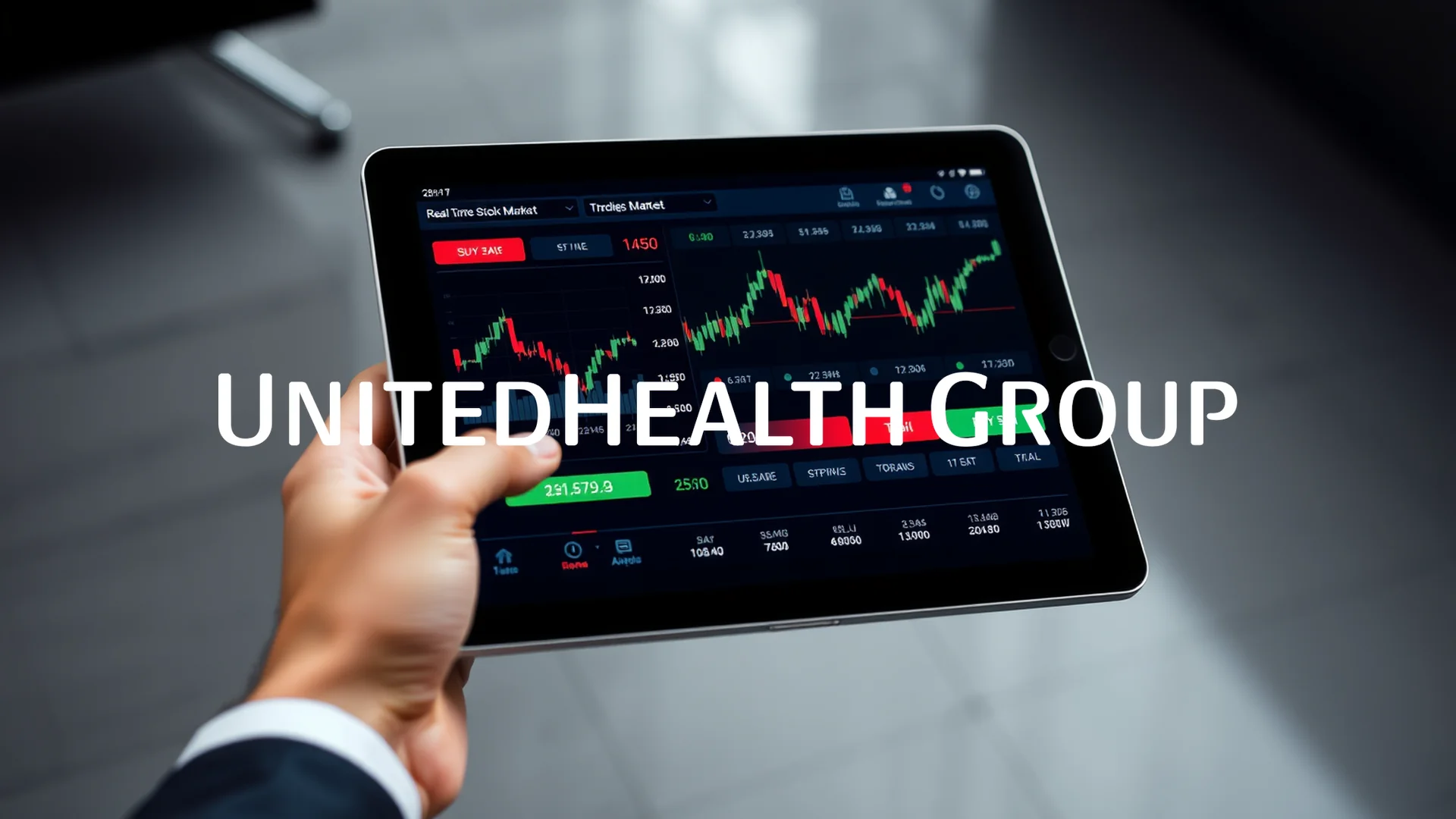UnitedHealth Group is facing a significant withdrawal of institutional support despite the healthcare giant’s efforts to bolster investor confidence through raised profit forecasts and strategic restructuring plans. The stock has collapsed more than 36% since the start of the year, prompting prominent hedge funds including Soros Fund Management and Lone Pine Capital to substantially reduce or completely liquidate their holdings. This exodus of major investors raises critical questions about the company’s near-term prospects.
Wall Street’s Divided Verdict Amid Institutional Exodus
Market analysts present a conflicting picture. The average analyst rating continues to favor buying the shares, with a consensus price target of $395.67, suggesting substantial potential upside from current levels. RBC Capital Markets notably increased its price target from $286 to $408, whereas Piper Sandler made a slight reduction from $423 to $417. The wide range of estimates, spanning from $198 to $440 per share, underscores significant market uncertainty.
Concurrently, major institutional players are voting with their feet. Soros Fund Management slashed its UnitedHealth position by over 52%, and Lone Pine Capital eliminated its entire stake. These high-profile departures highlight the growing nervousness surrounding the equity, which has declined an additional ten percent in the past month alone. The central question for investors is whether this represents a market overreaction to temporary headwinds or the beginning of a prolonged downturn.
Persistent Cost Pressures Challenge Medicare Profitability
The core issue plaguing UnitedHealth is escalating medical costs, particularly within its lucrative Medicare Advantage segment. The company’s Medical Loss Ratio—the percentage of premium revenue spent on medical services—reached 89.9% for the third quarter of 2025. While this metric aligned with expectations, it remains worryingly high for the health insurance sector, placing considerable pressure on profit margins.
Should investors sell immediately? Or is it worth buying Unitedhealth?
In a bid to restore profitability, management has announced drastic measures. The company plans to withdraw from more than 100 Medicare Advantage plans. This strategic pullback, combined with upcoming pricing adjustments, is intended to stabilize margins over the coming years. Whether this approach will prove successful remains uncertain, and investor skepticism appears to be prevailing for now.
Elevated Guidance Provides a Glimmer of Optimism
Despite these operational challenges, UnitedHealth has delivered some positive news. The company recently raised its full-year 2025 earnings guidance to at least $16.25 per share, up from a previous forecast of $16.00. This upward revision followed stronger-than-anticipated third-quarter results, which saw revenue climb 12% year-over-year to $113.2 billion.
This suggests management confidence that recently implemented efficiency measures will yield results. The critical uncertainty is whether these positive developments are sufficient to rebuild the trust that has been eroded among the investment community during this period of volatility and declining share performance.
Ad
Unitedhealth Stock: Buy or Sell?! New Unitedhealth Analysis from February 7 delivers the answer:
The latest Unitedhealth figures speak for themselves: Urgent action needed for Unitedhealth investors. Is it worth buying or should you sell? Find out what to do now in the current free analysis from February 7.
Unitedhealth: Buy or sell? Read more here...










